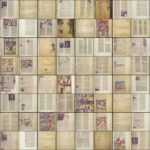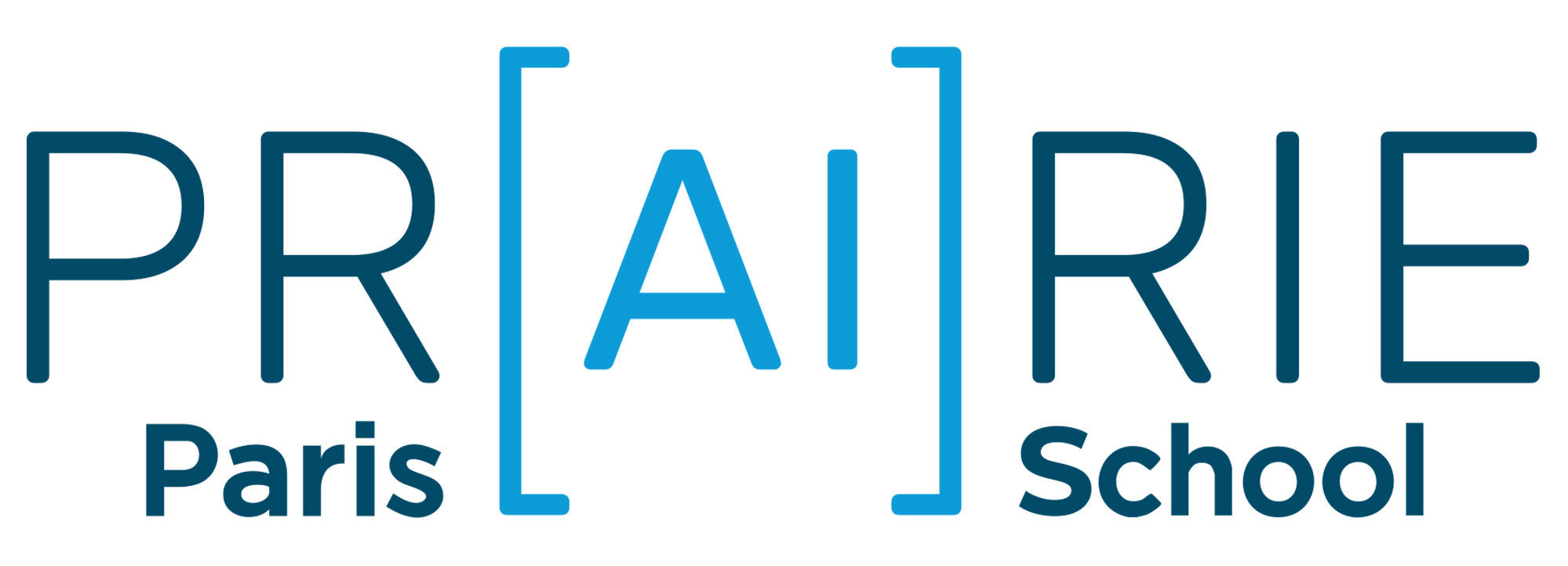PROJECT LEADER: Jean-Baptiste Camps

SHORT BIO
Jean-Baptiste Camps is Associate Professor in Computational Philology at the École nationale des chartes, PSL. He obtained his PhD from Paris-Sorbonne in 2016, in Medieval Studies, and specialises in combining deep learning approaches, computational text analysis and historical methods to investigate the data of the past, close and remote, and to address open questions or solve long standing issues. With Ariane Pinche and Thibault Clérice, he won the 2019 Fortier Prize of the Digital Humanities Conference for Stylometry for Noisy Medieval Data. His stylometric research also appeared in Science Advances, other journals and in a book co-written with Florian Cafiero (Affaires de style, 2022).
jean-baptiste.camps [at] chartes.psl.eu
Project Abstract
How exactly were texts transmitted before the printed press, and what does that imply in terms of lost works and manuscripts? How can we grasp that which, by definition, is lost to us? Can documents partly destroyed (e.g. by fire) be restored? To answer these and related questions, this project offers to hybridise methods from the fields of deep learning and stochastic modelling. In particular, this project will use the power of AI to, on the one hand, create fake manuscripts (with several types of constraints), and on the other one simulate and analyse entire manuscript genealogies (using approaches akin to computational evolutionary biology).
Collaborators in the project
– Julien Randon-Furling : Assoc. Prof. of Mathematical Sciences at Univ. Paris 1 Panthéon Sorbonne and an Alliance Assoc. Prof. at Columbia University in New York. He holds a PhD in Theoretical Physics and a Habilitation in Mathematics. His research focuses on stochastic processes and stochastic models, with a keen interest for multidisciplinary approaches of complex systems, particularly at the interfaces with human and social sciences. He is already working closely with Jean-Baptiste Camps on the modelling of textual transmission using stochastic models. He will continue this work and will supervise the modelling aspects.
– Chahan Vidal-Gorène : a specialist of computational palaeography, Chahan is trained both in mathematics and computer science as well as manuscript studies and natural language processing. He will be in charge of conceiving and testing deep learning architectures for artificial manuscript image generation.
– Thibault Clérice : post-doctoral fellow at the École des chartes (project CREMMALab), Thibault has already worked on artificial colorisation of manuscripts using GAN and will collaborate to the projects on topics regarding artificial colorisation, deep learning architectures and handwritten text recognition.
